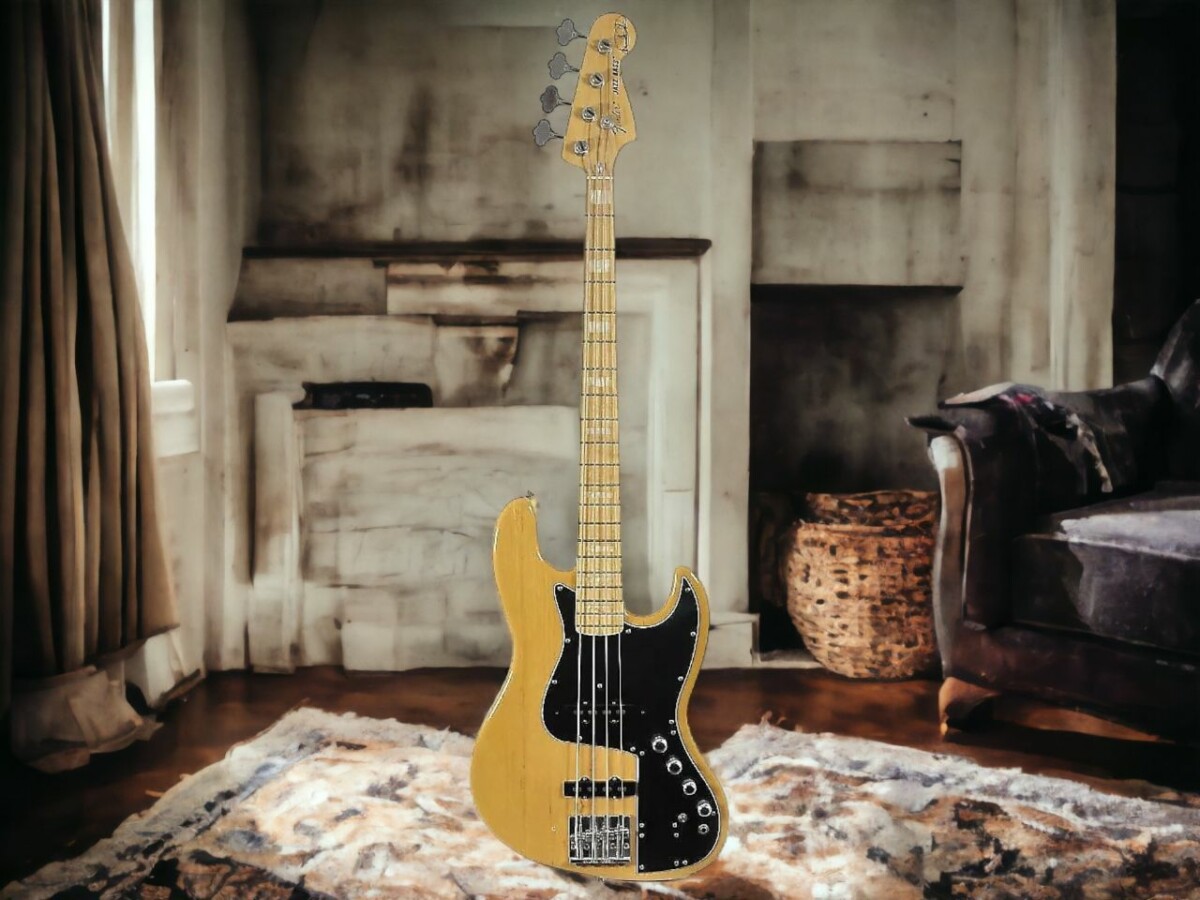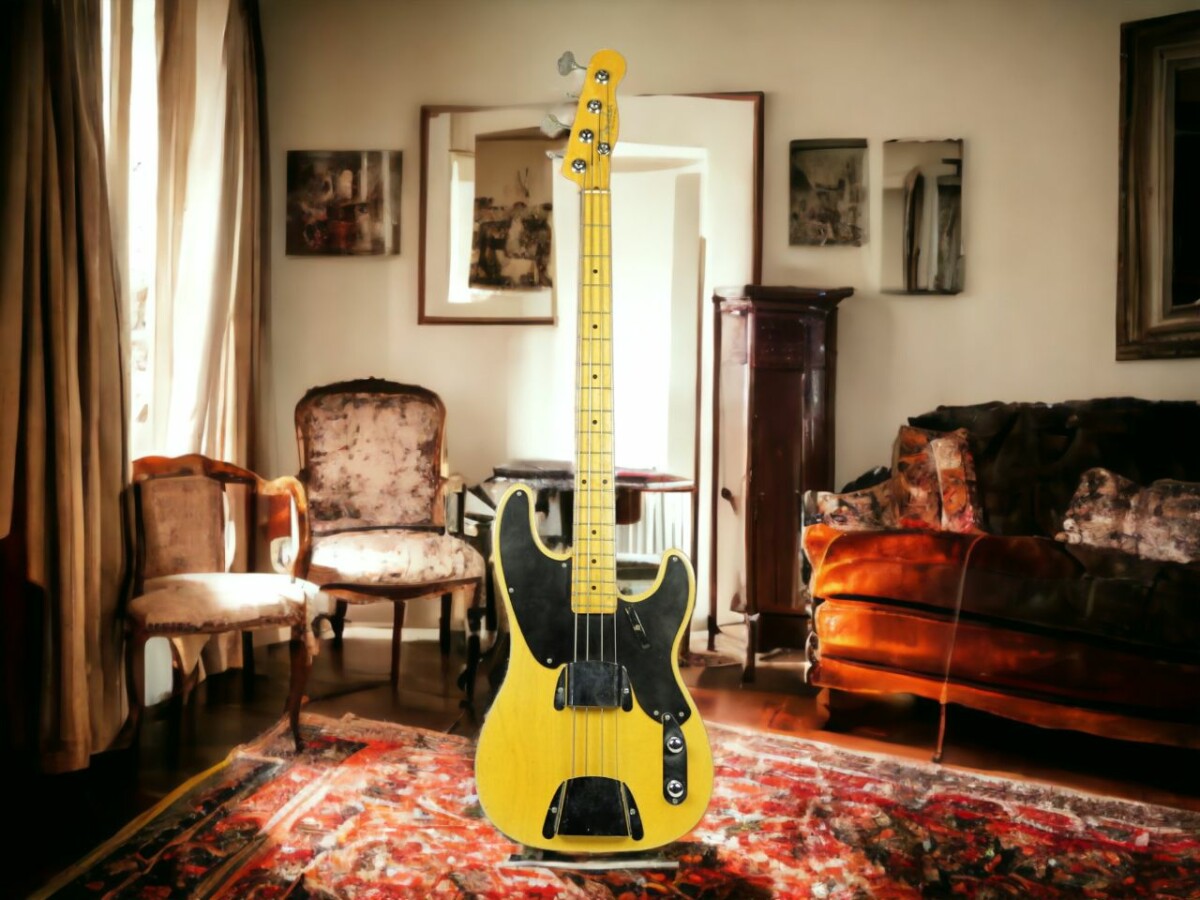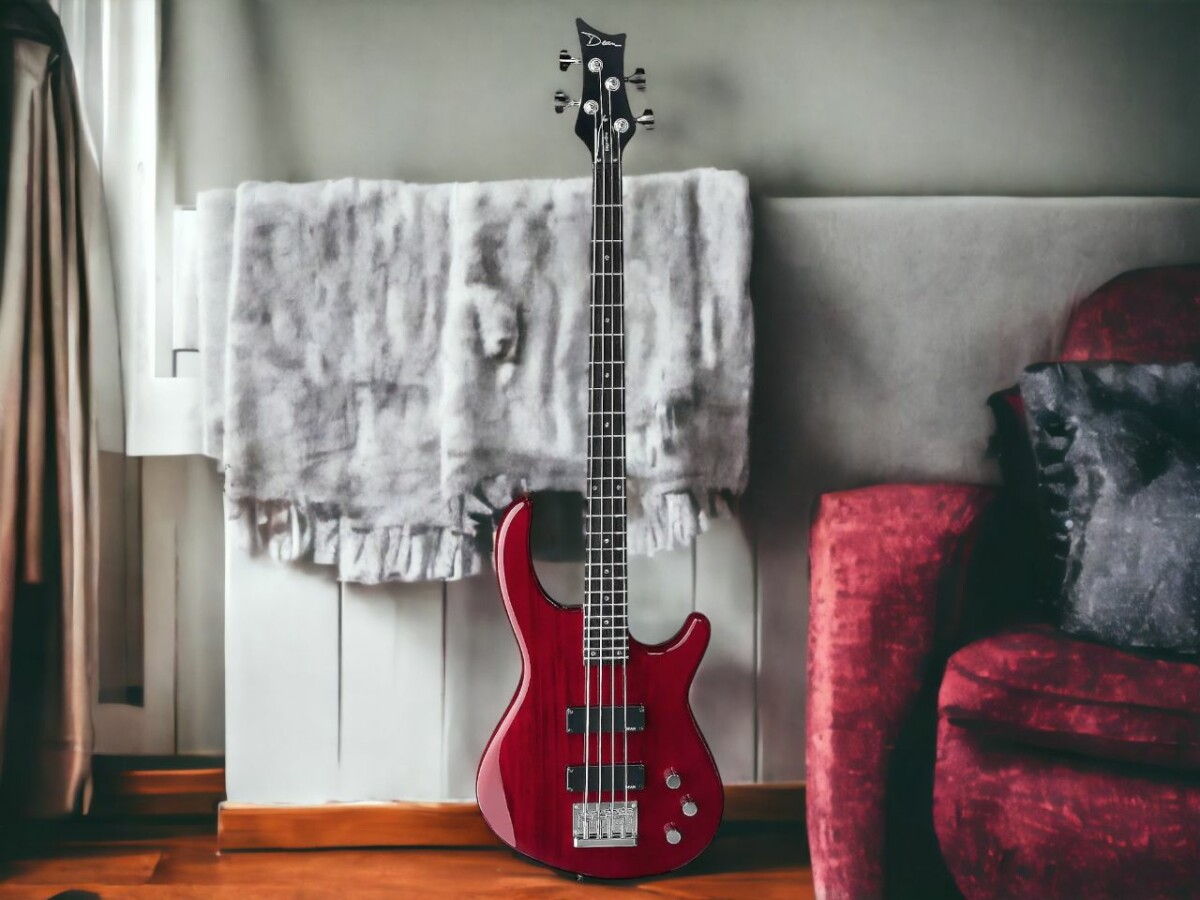So you’re thinking about starting a rock band, huh? And you’re wondering, ‘Do we really need a bass guitar?’ I mean, it’s a fair question. Bands like The White Stripes have totally killed it without one.
But here’s the thing – a bass guitar can add this incredible depth and funky groove that’s really tough to mimic. So, before you totally write off the idea, think about the richness it could potentially add to your band’s overall vibe.
Let’s get into the nitty-gritty about what a bass guitar does, look at some other options, and empower you to make the best choice for your band’s unique sound.
Is A Bass Guitarist Necessary In A Band?
No, a bass guitar is not necessary in a band, but bass guitar often provides depth and rhythmic foundation to a band’s sound, and its absence can change the sonic texture and fullness of the music.
Many brands are known for producing stellar bass guitars. For instance, while Martin is commonly associated with acoustic guitars, they have had their share of bass guitar releases too.
The bass guitar, it’s like the secret sauce that gives your music its depth and vibe. It’s like the anchor, holding down the fort with those low-end tones that just fill the air. Essentially, it’s a rhythm machine that keeps the timing and groove on point.
Without it, you might find your sound coming off a bit skinny, especially when you’re laying down tracks. But hey, don’t sweat it! There are bands like The White Stripes and The Black Keys that have made some killer tunes without a bass player. You could look into alternatives like octave pedals or bass synths to get those low notes. But, just a heads up, these mightn’t totally nail the distinct sound that a bass guitar adds to the mix.
Alternative Approaches to Covering Bass Tones
Sure, we all know how crucial the bass guitar is to a band’s sound, but let’s shake things up a bit and explore some unconventional ways to nail those all-important bass tones.
One way to mix it up? Get your keyboard player to tackle the low frequencies – just make sure their keyboard has enough range to tackle those deep, low notes.
Or, you could get a little techy and use effects pedals to drop your guitar down an octave, letting it take over the bass range. Bands like The White Stripes and The Black Keys have totally nailed this approach.
But heads up – recording without a bass guitar can make your sound a bit thin, and might mess with your band’s rhythm and timing.
Feel free to experiment with these alternatives, but always remember, the rich depth that a bass guitar brings to the table is pretty hard to match.
Bands That Successfully Operate Without Bassists
Contrary to what most people think, there’s a boatload of bands, take The White Stripes and The Black Keys for example, who are totally killing it on stage even without a bassist. They’ve managed to totally sidestep the conventional role of a bassist by using some pretty ingenious techniques to hit those low-frequency vibes. If you’re considering adding a bass guitar, you might want to look into brands like Cort. Many musicians often wonder: are Cort bass guitars any good?
Just to give you an idea, Jack White, in his own funky style, often tuned his guitar down or whipped out an octave pedal to get those deep, bass-like sounds. On the other hand, Dan Auerbach from The Black Keys chose to wield a baritone guitar.
Sure, not having a bass might tweak the groove a bit, but it also paves the way for some truly original creativity. So, while a bass might add some serious depth and punch, these bands are living proof that you don’t always need it to churn out some seriously epic music.
Impact of Missing Bass in Live Performance Vs. Studio Recording
When you weigh up what it means to miss out on bass in a live gig compared to a studio sesh, you’ll spot some pretty clear contrasts.
At a live show, the lack of bass mightn’t clock up on your radar. You’ve got the vibe of the gig, the echo of the place, and the crowd’s buzz that can help cover up a sound that’s not quite as rich.
But when you’re in the studio, it’s like everything’s under a magnifying glass. Not having a bass there can make the mix come across a bit skinny, missing that deep, full-bodied sound.
And let’s not forget, bass isn’t just about the sound. It keeps the beat, helps the band find their groove, and keeps everything ticking along. Without it, your tunes might fall out of step a bit.
How Bass Enhances the Timing and Groove in Music
Alright, let’s get into how rocking a bass guitar can seriously up your band’s game when it comes to timing and groove, and ultimately, dish out some killer rhythm.
Think of the bass as the heartbeat of your band, keeping everyone in sync and the rhythm on point. But remember, it’s more than just nailing the right notes—it’s all about the timing.
The rhythmic patterns the bass creates are the blueprint for the groove, syncing perfectly with the drums to set a solid base. This harmony gives the rest of the band the freedom to riff off this rhythm, bringing a whole new level to the timing and vibe of the music.
Without a bass, your band runs the risk of losing that steady groove. So, never overlook the bass—it’s the lifeblood of your band’s rhythm.
Additionally, have you ever wondered how bass guitar strings are made? Knowing their construction can aid in producing those signature bass tones.




